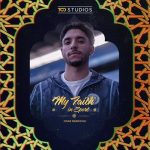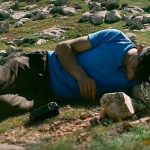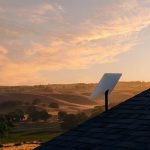'Voy! Voy! Voy!', Omar Hilal’s directorial debut, is awaited with huge anticipation as it gears up for a theatrical premiere in various Arab countries this month. A collaborative effort between Vox Studios, Film Clinic and Image Nation Abu Dhabi, the film is a notable shift for Hilal, making his debut in the world of cinema after a successful career in advertising. In an exclusive interview with BroadcastPro ME, the Egyptian writer, producer and director talks about his journey as a filmmaker, the making of this film and what’s next.
About the movie Voy! Voy! Voy!
The movie will release on September 13 in Egypt and on 21 September across the GCC.
Omar, when did you realise you wanted to be a filmmaker?
Since I was very young. We’re talking like since I was six or seven years old. My favourite toy as a kid was a projector. And then I was in Paris with my mother and brother when I was 12. I was taking a picture of them under the Eiffel Tower and I kept telling my mother to come closer, go further, tilt up, etc., and after taking the shots, I put my camera down. I remember telling my mom, “I think I know what I want to do. I want to tell stories with pictures.”
We were living in Saudi Arabia at the time and although there were no cinemas there, they had a massive video culture. So I would spend almost every day watching one movie or another. There used to be a magazine called Empire that I would read cover to cover. At the time I was in the tenth or eleventh grade and I was reading books about filmmaking.
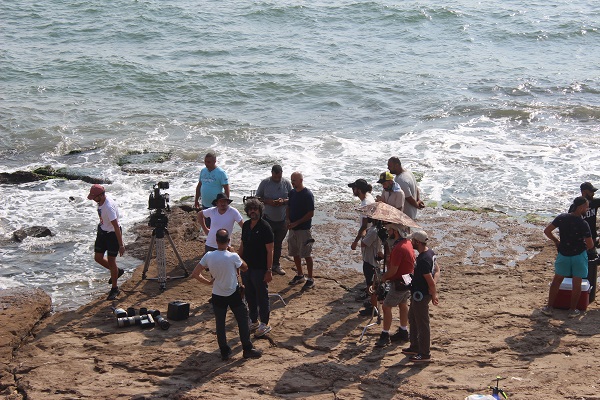 And then I wanted to make films but ended up in advertising. While I was in university, I got into television for two years. I was directing for television in Italy. Then I did five years of advertising where I ended up being a creative director at some big agencies like Leo Burnett and McCann Erickson. But all the while in my head, I was sort of training to be a director.
And then I wanted to make films but ended up in advertising. While I was in university, I got into television for two years. I was directing for television in Italy. Then I did five years of advertising where I ended up being a creative director at some big agencies like Leo Burnett and McCann Erickson. But all the while in my head, I was sort of training to be a director.
Is Voy! Voy! Voy! your first attempt at writing a story? How did you start on this journey?
No, this was not my first attempt. I wrote my first film in 2002 or something, but it just never got made, although most of the studios wanted to be part of it. It wasn’t until this film that I got to make one. My father is an excellent storyteller – he could tell you any joke and you’d drop to the floor laughing even if you’d heard it a million times before. And I think I got some of that from him.
What did the transition from advertising to cinema entail in terms of mindset and directing?
With advertising, you’ve got 30 to 60 to 90 seconds to tell a story. And you’ve got to hit all the right notes very quickly so that people are hooked. The transition is not difficult. But the making of a movie is a gigantic effort. I don’t think there’s any undertaking as big as making a movie.
If making an ad is difficult, I would tell my friends to multiply that by a thousand to know what it feels like to make a movie. The mental and physical energy it takes is huge.
My film comes out in a couple of days, and I’m excited but I also await audience response with trepidation.
 How did you come to make this film? Give us your take on it.
How did you come to make this film? Give us your take on it.
It’s essentially a story about illegal immigration. The film is inspired by a real event, where a team of blind footballers travelled to Poland and upon their arrival disappeared into thin air. As it turns out, they were all sighted and they were never caught. It’s a very dark topic and very sad, but with a lot of humour. Part of the charm of the story is that it is very Egyptian. Egyptians are very good with finding solutions and getting through a problem. And they’re smart. And it’s a funny smart.
How did you come to partner with Mohamed Hefzy and Image Nation Abu Dhabi?
Mohamed Hefzy is the pride of Egyptian independent cinema and a good friend of mine. I’ve known him since we were kids, and he’s the kind of producer that I wanted along for this journey. I went to him at the end of 2019 with the script. We were both in London at the time for Christmas and met for a coffee. He read the script and said, “I’m in. I love the idea. It’s a great script, let’s do it.” But then we had the obstacles of Covid and that stalled us in 2020.
Then a friend in Dubai introduced me to Image Nation and Hefzy, and they knew each other. Image Nation got Vox involved, and that’s how the funding came through, although I put in some of my money as well.
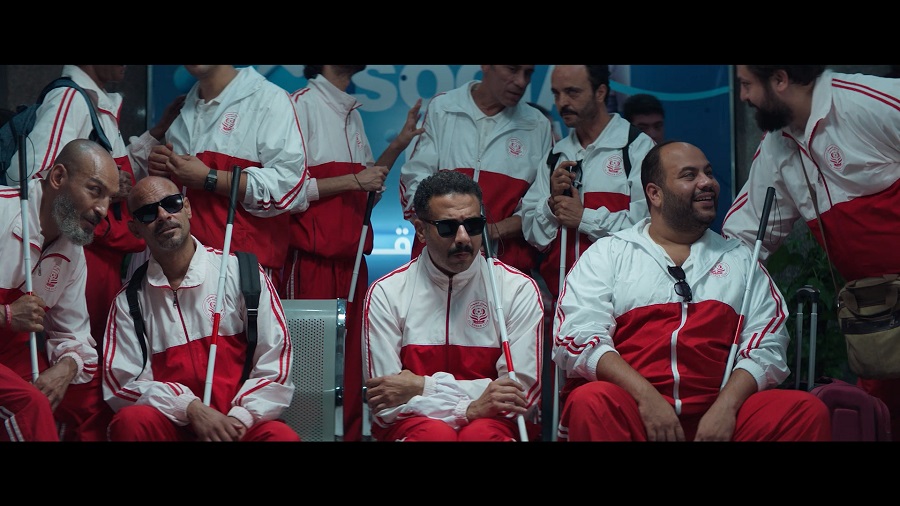 Where did you shoot, and how long did it take?
Where did you shoot, and how long did it take?
This was supposed to be shot between 45 and 46 days, but we had to trim it down to 33.
Most films will have at least one or two extra shooting days. I finished on schedule and within budget. We shot over six weeks in three places – Lebanon, Egypt and Europe.
Why Lebanon, when the film is based in Egypt?
Lebanon doubled for Europe. And some things were far easier to shoot in Lebanon than Egypt – it’s much easier to get into an airport and shoot in Lebanon. It’s much easier to shoot at sea in Lebanon, and they’ve got a lot of different terrain.
What are some of the challenges you faced while working on this film?
Well, sport is generally difficult to tell as a story. And if you shoot football, you need to make it look real. I’m a big football fan, so I want to see football being done justice to when I do a football shoot. Then, having 11 actors in a frame can be challenging. Managing them and ensuring we got the best out of them was a task.
 What kind of a film did you want to make?
What kind of a film did you want to make?
An extremely dramatic one. My film has a lot of drama in it, but it also has dark comedy and the feel of a thriller. It’s also a tear-jerker. I just wanted to tell a good story, but I hope audiences like it. We aimed for a theatrical release first, though we have been invited to participate in festivals in Europe.
How does it feel to write, produce and direct a film?
Very challenging. I was the guy on set connecting with everybody. I had to keep my eyes on the budget, so every single day you have to take a call on what you may have to sacrifice – Do we need 100 extras, or can we cut down to 50 because having a second camera is more important? Let’s kill the underwater shoot? – so it was constantly juggling financial decisions. I certainly don’t want to do that in my next film. I do not want to worry about money. I want to be that guy who sits there and asks for the biggest crane.
Was technology important to you when shooting the film?
Not really. We were very focused on the story and the DoP wanted certain Hawk anamorphic lenses flown in from France to capture the landscapes, because we had a lot of them in the film. We chose those lenses because that’s the format we wanted. There’s not a single CGI shot in the film. I wanted this to be a drama. We didn’t want that over-slick sheen that is sort of typical of movies today.
What’s next on your agenda?
There’s an interesting Saudi script that has come to me and I would like to direct it. I am also thinking of writing my own script that is about the Saudi I know from the ‘80s. The script that was offered to me, however, is contemporary. It’s really funny. It’s not a drama, it’s a very exciting sort of adventure comedy. But I want to be able to make an Egyptian film that would be female-led. Our women are extremely powerful, and our actresses are amazing. It would be great to direct women.







































































